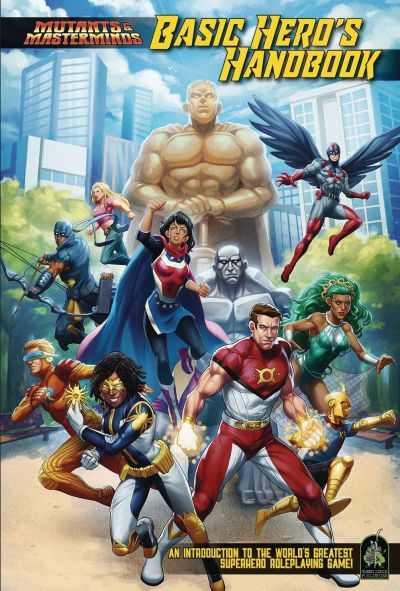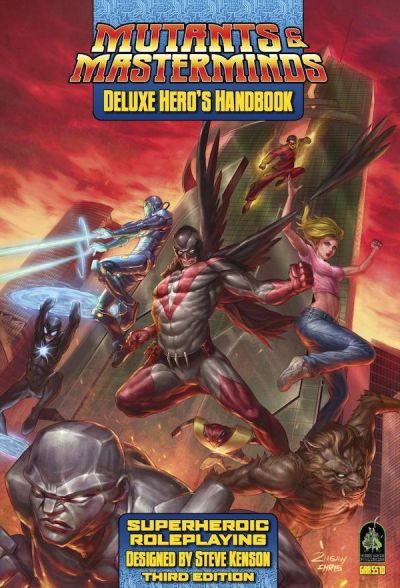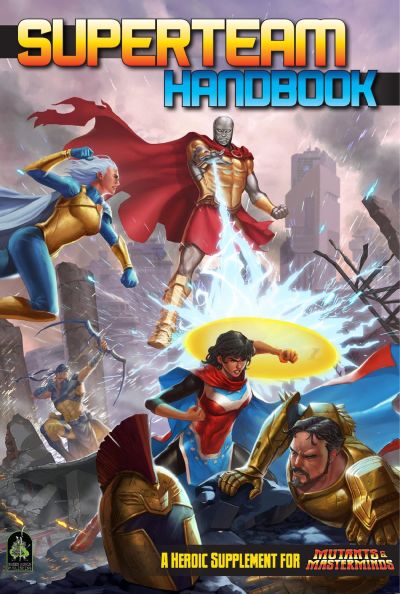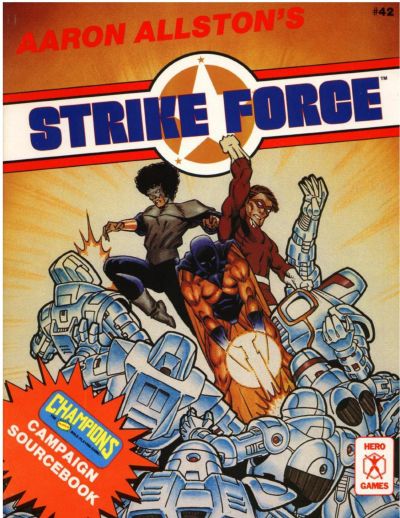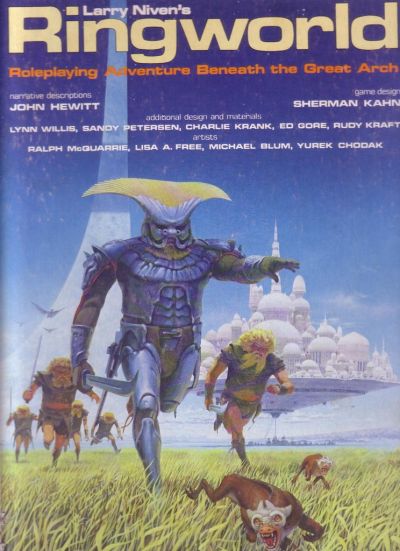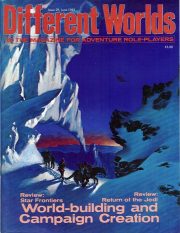Streetwise Hercules
Kamigakari: God Hunters
By Rikizou
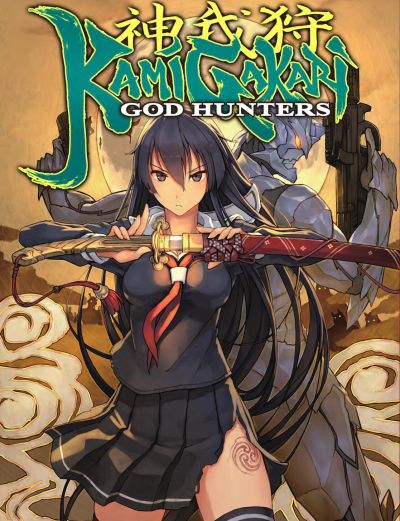
25 Nov, 2020
Roleplaying Games
0 comments
Rikizou’s Kamigakari: God Hunters is a Japanese urban-fantasy table-top roleplaying game. The 2020 English-language edition was published by Serpent Sea Games.
Ever since the Japanese Synchronous Inferno1, malevolent beings known as Aramitama are invading our world in ever increasing numbers, corrupting mortals in a bid to bring about the apocalypse. Providentially, a handful of mortals, player characters included, are imbued with the attributes needed to hold back these supernatural menaces! These mortals can change the very laws of nature to fight evil!
(Sometimes they end up incinerated after altering reality once too often. Aw shucks.)
